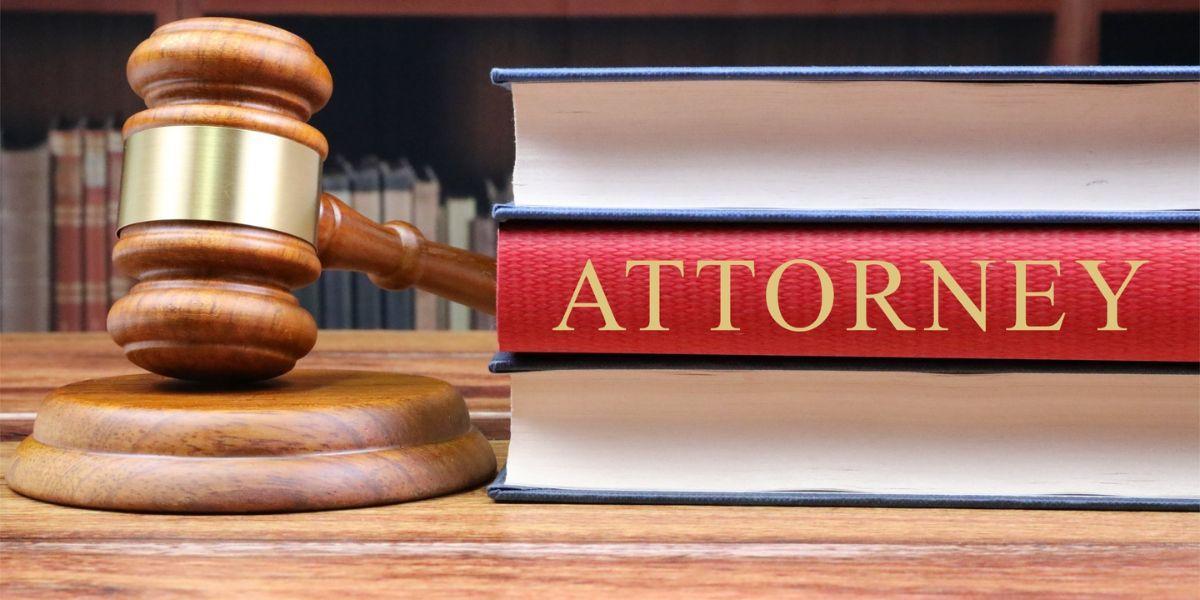Debt collection can be a stressful experience, but when it escalates into harassment, it becomes an illegal violation of your rights. Thousands of people across the country are subjected to aggressive tactics by debt collectors, unaware of the laws in place to protect them. This guide will help you recognize debt collection harassment, understand your legal options, and show you how to protect yourself against unlawful practices.
What is Debt Collection Harassment?
Debt collection harassment occurs when debt collectors use aggressive, abusive, or deceptive tactics to pressure you into paying a debt. While debt collectors have the legal right to contact you about unpaid debts, the Fair Debt Collection Practices Act (FDCPA) sets strict limits on how they can do this.
Signs of debt collection harassment include:
- Frequent or excessive phone calls, especially outside of normal business hours.
- Use of abusive or threatening language.
- Threatening arrest or legal action without any basis.
- Calling your friends, family, or workplace to embarrass or pressure you.
- Contacting you after you’ve requested communication to stop or after hiring a lawyer.
If you are experiencing any of these behaviors, you may be dealing with illegal harassment.
Know Your Rights Under the FDCPA
The FDCPA offers protection against unfair and unethical debt collection practices. Some of your key rights under this law include:
- The right to stop communication: You can request, in writing, that the debt collector stop contacting you. After receiving this request, they may only contact you to confirm they received your letter or to notify you of legal actions.
- Protection from abusive behavior: Debt collectors are prohibited from using obscene language, threats, or harassment.
- Restricted calling times: Debt collectors cannot contact you before 8 a.m. or after 9 p.m. unless you give them permission to do so.
- Honest information: Debt collectors cannot lie or make false claims about your debt, such as exaggerating the amount owed or threatening consequences they can’t legally enforce.
Steps to Take if You're Being Harassed
If you suspect that you’re a victim of debt collection harassment, here’s what you can do:
- Keep records: Save all communication, including phone calls, voicemails, texts, and letters. This documentation will serve as evidence if you take legal action.
- Send a cease-and-desist letter: Write a formal letter requesting the debt collector to stop contacting you. Once they receive this letter, they must comply by law.
- File a complaint: If the harassment continues, file a complaint with the Federal Trade Commission (FTC) or your state attorney general's office.
- Consult an attorney: If the harassment is severe, consider speaking to a consumer rights attorney who specializes in debt collection harassment cases. You may be entitled to compensation for damages and legal fees.
Can You Sue for Debt Collection Harassment?
Yes, you can sue a debt collector if they violate your rights under the FDCPA. Victims of harassment can file a lawsuit in federal or state court within one year from the date of the violation. If successful, you may be awarded:
- Up to $1,000 in statutory damages.
- Compensation for emotional distress or harm caused by the harassment.
- Attorney fees and court costs.
Protect Yourself and Take Action
Debt collection harassment can make an already difficult financial situation even worse. But you don’t have to suffer in silence. By knowing your rights and taking action, you can put an end to unlawful debt collection practices and regain control of your life. Whether it’s sending a cease-and-desist letter, filing a complaint, or taking legal action, there are steps you can take to protect yourself from harassment.


